What’s the best dog food for Collies?
Shoe leather is protein but it won’t provide your dog with much nutrition. When you feed your dog better quality ingredients they usually have more nutrients that Check this for Types of animal diets are easily available to your dog so you don’t have to feed as much food. As a medium-large breed, you have a wide range of food options for your Collie.
If you detect any of these symptoms while feeding your dog meals, stop doing it immediately and seek expert advice. Ensure you adhere to the 10% guideline when giving treats to your dog. Food should account for 90% of calories, while treats comprise 10%. For example, if your Collie weighs 60 lbs., he would require 1334 calories daily. With treats included, that’s 1201 calories from food (90%) and 133 from treats (10%).

Keep reading to learn more about your Collie’s dietary requirements and to see our top 15 picks for the best dog food for Collies. That long, flowing coat only needs to be brushed about once a week, and Collies don’t have that doggy odor that many breeds have. He has a dense, short coat that’s quite different from the abundant, glorious coat of his rough coat kin. A raw diet contains, on average, 70% moisture/ water, which helps to keep your Collie properly hydrated. Save 35% off on dog food, treats and supplies when shopping at Chewy. Canine Bible uses only high-quality sources, including peer-reviewed studies, to support the facts within our articles.
As soon as you open a bag of dog food, exposure to air starts to affect it, causing it to lose some of its nutrition integrity. You want to avoid pouring the food into an airtight container, however, because you’ll lose the preservative benefits of the bag. Dog food bags are treated inside to help preserve the food, so place the entire bag in an airtight container instead and store it in a cool, dry place. The Collie is no different from other dogs in terms of his basic requirements for protein, fat, and carbohydrates. Protein provides the building blocks for healthy muscles, essential amino acids, and there are 22 that your dog needs. Out of those 22, 10 are considered essential amino acids because they must come from your dog’s diet.
Formulating meals with the appropriate ratios of key ingredients is essential to ensure your dog receives optimal nutrients, so going it alone can seem daunting. Incorporating ground bone in meals or providing recreational bones for enrichment add nutrients that will support digestion, skin and bone health, and mobility. Some people prefer whole meat protein to meals – whole chicken to chicken meal, for instance.
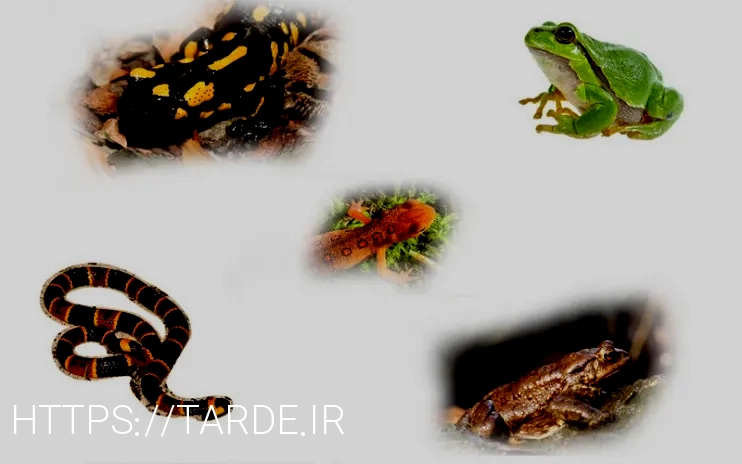
You’ll notice remarkably quickly once you switch to raw dog food that your four-legged friend will look, feel and even smell better. Maintaining an appropriate healthy weight is essential for your dog, regardless of breed. A diet that consists of biologically appropriate ingredients will naturally help a dog shed excess pounds or gain healthy weight.
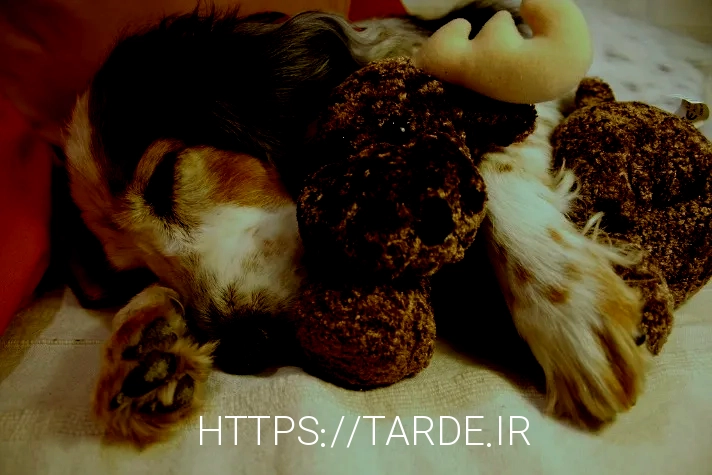
Collies are medium-large dogs, weighing up to about 75 pounds as adults. Most people think of Lassie when they think of Collies but the breed can be rough-coated or smooth-coated. Collies are considered easy to train but they do like to bark. Dry food can benefit dental health, while wet food can be more palatable and hydrating.
It is also supplemented with omega fatty acids for skin and coat plus glucosamine and chondroitin for joint support. Dogs don’t have any specific requirements for carbohydrates, but these foods can provide energy, fiber, and essential nutrients. Whole grains, vegetables, beans, and legumes are digestible for most dogs, but the Collie is prone to food allergies. Grains are some of the most common food allergens, so your dog may need a grain-free diet.
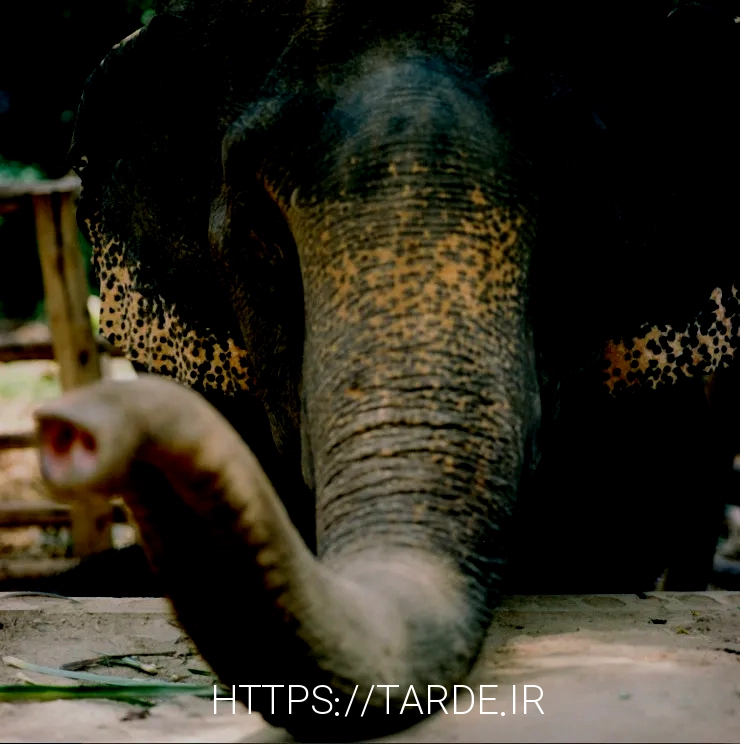
Do pay attention if you change dog foods because different foods can have different calorie amounts, even if you are changing from one premium food to another. If you continue to feed three cups of food without checking the calories, your Collie could quickly become overweight. In conclusion, while genetics play a significant role in Collies’ health, a proper diet can help manage and even prevent some health issues they face. A diet tailored to their needs, combined with regular veterinary care, can help ensure these graceful dogs live long, healthy, and happy lives.
Signs of food allergies in Collies can include itching, red or inflamed skin, chronic ear infections, and gastrointestinal issues like diarrhea or vomiting. If you notice these symptoms, consult your veterinarian, who may suggest an elimination diet to identify the allergen. You can rest easily knowing that every recipe is packed with premium protein and digestible grain-free carbohydrates with essential nutrients added for nutritional balance. Collies can also face Osteochondritis Dissecans, which is when the dog’s bones grow so fast that its cartilage can’t keep up. This requires surgery to correct, but this can generally be prevented by allowing collie puppies to grow at a natural rate by not overfeeding or supplementing them. Perhaps you’d like to discuss your dog’s unique needs, explore the best raw dog food bundle option for your Collie or find the best value raw food bundle.

The exact amount of food you give your Collie each day will depend on his age, weight, and activity level as well as the calorie content of the dog food you choose. Generally speaking, however, you’ll be feeding your Collie between 2 and 3 cups of food per day. Start with a large-breed dog food and refer to the feeding recommendations according to your dog’s age and weight to determine his daily portion.
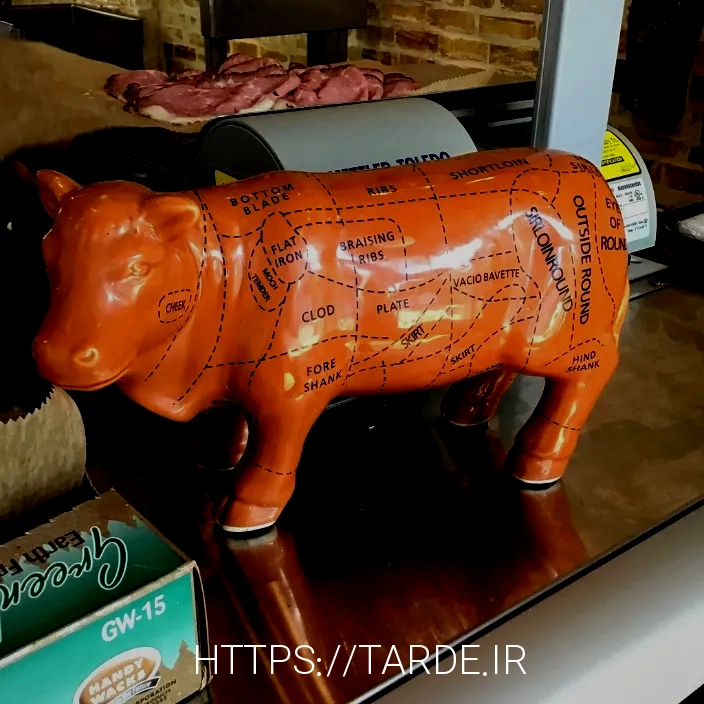
This is a condition in which the femur bone slips out of the hip joint, causing inflammation and an increased risk for arthritis. A diet with supplemental glucosamine and chondroitin can help with the management of this condition. Another problem related to the Collie’s size is gastric dilation or bloat. This is a condition in which the stomach fills with air and twists on its axis, cutting off blood flow and causing a life-threatening condition. It happens when your dog eats too much, eats too fast, or swallows too much air while he is eating. Collies are one of the most beautiful and recognizable dog breeds, but how do you keep them healthy with the best nutrition possible?
Ingredients like blueberries, carrots, and leafy greens are good sources of antioxidants. In conclusion, providing a balanced diet tailored to the specific needs of your Collie is crucial for their health and happiness. Regular veterinary consultations and monitoring are vital in adapting their diet as needed. Your Collie will enjoy a healthy, active life with the proper nutrition. Some Collies may benefit from wet food or added water in their meals to increase hydration, especially in hot climates or for dogs with urinary tract issues. These large-breed dogs were originally developed for herding and, as such, they have excellent stamina and high needs for exercise.
You can also ask your breeder if they recommend feeding a large breed puppy food. Large breed puppy foods have slightly fewer calories than other puppy foods. They also have appropriate nutrients for fast-growing larger puppies to help encourage slower growth. The amount of food to feed your Collie depends on age, size, activity level, and metabolism. Typically, an adult Collie needs about 2 to 3 cups of dry dog food daily, divided into two meals.
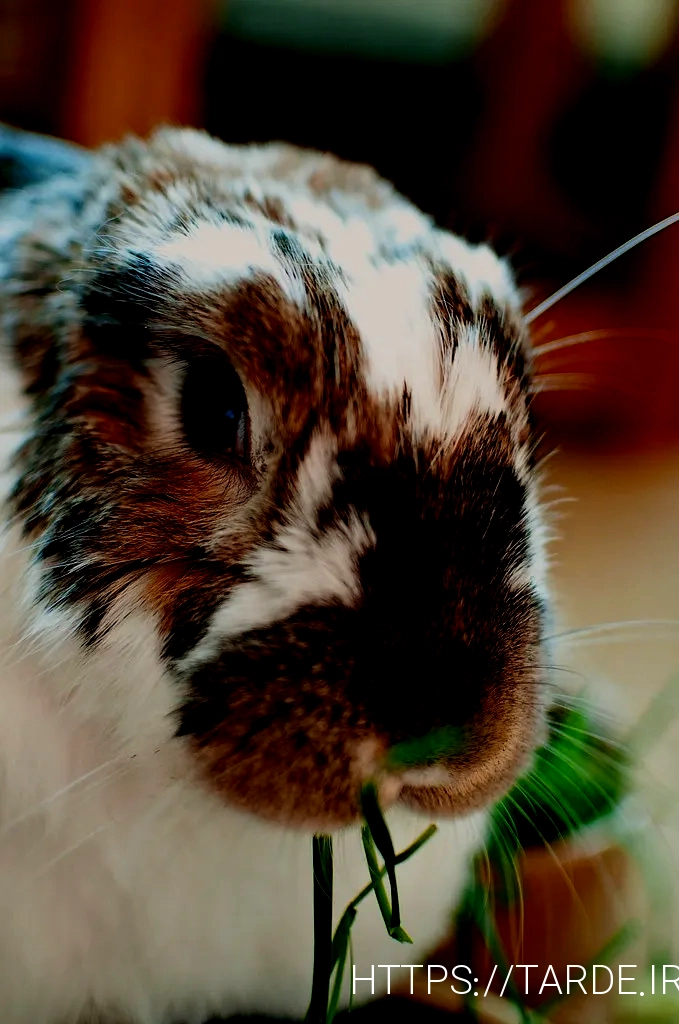
Read our editorial process to learn more about how we fact-check and keep our content accurate, reliable, and trustworthy. The collie’s ancestors can be traced back thousands of years in Scotland. They likely were Roman herding dogs that bred with the local dogs.
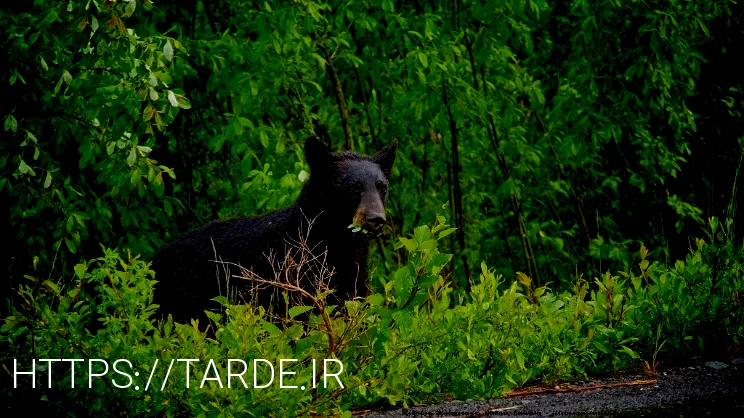
Wellness CORE Grain Free Original Formula can be a good choice for Collies that have allergies or food sensitivities. It’s grain free with lots of protein and it’s moderate in fat. The first five ingredients in the food are deboned turkey, turkey meal, chicken meal, peas, and potatoes. And it has no artificial flavors, preservatives, meat by-products, or fillers.
Adding eggs and beneficial herbs ensures your Collie gets essential vitamins and nutrients. Compared to adult dogs, puppies require higher protein, fat, calcium, and phosphorus levels. Inadequate or excessive amounts of these nutrients can lead to deficiencies, hindered growth, or lifelong health complications. A homemade diet should also consider your pup’s weight, health conditions, size, and activity level. AAFCO – AAFCO is the Association of American Feed Control Officials.
We’ll share details of their breed traits, health issues to look out for, and what foods will help them thrive. Fat is the second most important nutrient in a dog’s diet. Properly balanced fats are essential for optimal health, and also provide energy. There are two types of triglyceride, saturated and unsaturated fat. Both are important in a dog’s diet, but getting the balance right is key. Read our “raw diet for dogs” article to discover its advantages and risks.
Or you may opt for a large breed food if your Collie is very large. Hip dysplasia can occur in Collies but it’s not a common problem. It’s a good idea to watch your Collie’s weight and avoid letting him become overweight, especially if he’s a very large dog. Being overweight or obese puts extra strain on the joints which can lead to problems with arthritis and hip dysplasia.
Feed a high-quality canine diet that’s nutritionally balanced. However, collies are prone to bloat and potentially life-threatening stomach twisting, which can be triggered by eating too quickly. So consider feeding smaller, more frequent meals to help prevent this. Always discuss the type of food and the amount with a vet to make sure you’re meeting your dog’s individual needs. It may take some time to cook for your dog or know what ingredients to use, but a fresh diet can do a lot for your pup’s health. Remember that if you don’t have time or don’t know how to cook, a homemade food delivery service can help you.
The Collie is a highly social animal, devoted to his family. They’re sensitive dogs that seem to have a special understanding of their humans’ feelings. Collies are excellent companions for everyone in the family, young and old. While Lassie made the Collie breed famous, Collies have been treasured for over a century for their legendary herding and guarding talents. Working in the Scottish Highlands and Northern England, this herding breed is fast, strong, and smart.


